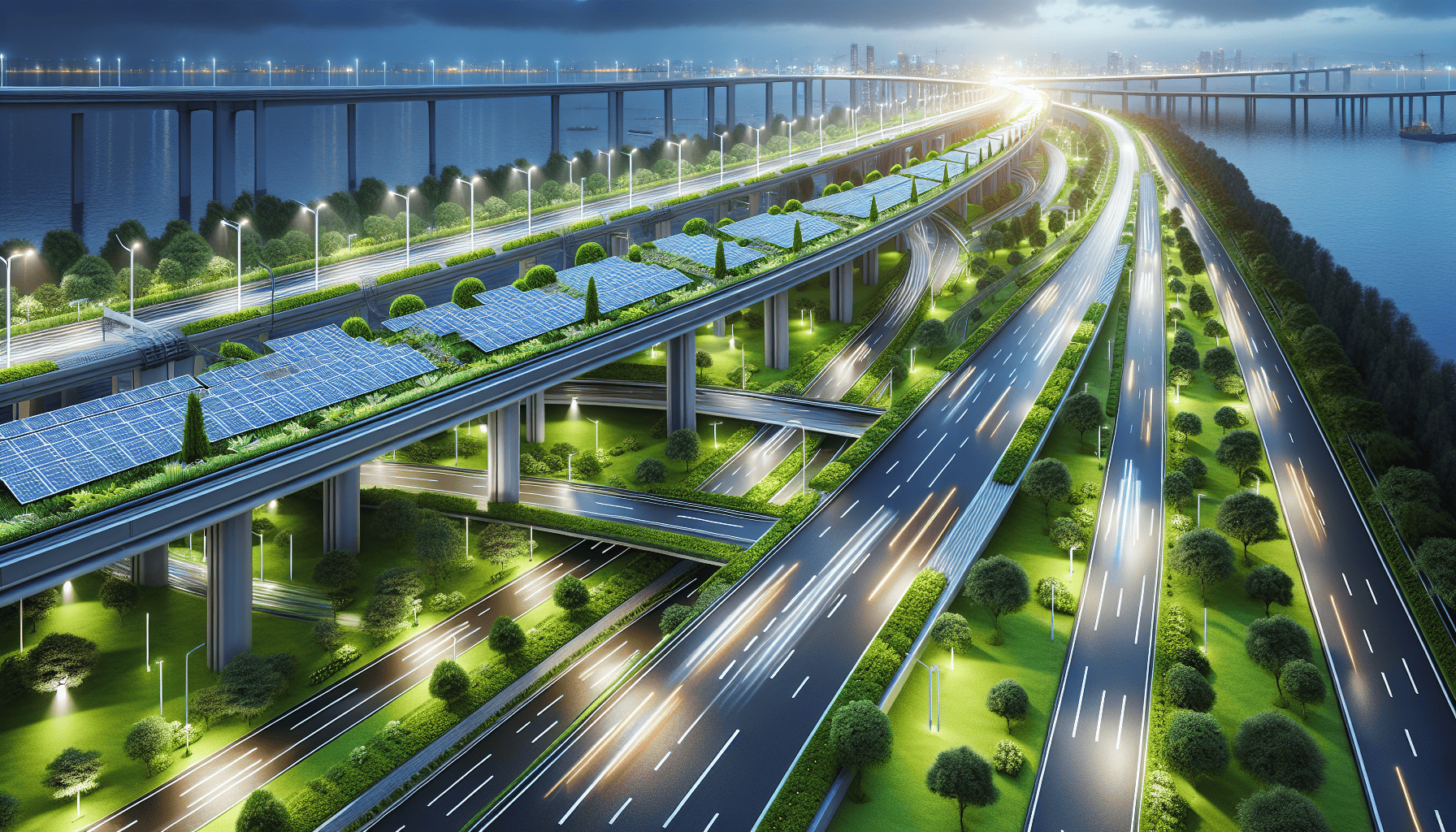As the world transitions toward more sustainable living, the United Arab Emirates is taking significant strides to integrate eco-friendliness into its infrastructure, starting with its extensive network of highways. Recognizing the profound impact of road transportation on the environment, the UAE is pioneering an ambitious shift towards sustainability in road design and construction, leveraging cutting-edge technologies and smart solutions to ensure a more eco-conscious future.
One of the critical elements of the UAE's sustainable road plans is the incorporation of recycled materials in road construction. By using recycled asphalt, concrete, and other materials, not only is the carbon footprint reduced, but there is also a significant decrease in the demand for raw resources. This approach not only mitigates environmental impact but also offers economic benefits by lowering construction costs and extending the lifespan of road surfaces through innovative design.
The integration of smart technologies into the highway system is another groundbreaking aspect of the UAE's approach. Intelligent Transportation Systems (ITS) are being employed to enhance traffic management, reduce congestion, and, consequently, lower vehicle emissions. These systems are equipped with real-time data collection and analysis capabilities, allowing for more efficient travel routes and decreased fuel consumption.
In addition, the UAE is investing in infrastructure that supports electric and hybrid vehicles. By expanding the network of charging stations along highways, the nation encourages the adoption of cleaner vehicle technologies, aligning with global efforts to decrease reliance on fossil fuels. This move is complemented by initiatives to introduce solar-powered lighting along highways, thereby reducing energy consumption and minimizing the carbon footprint of road maintenance.
The landscape design along these highways also reflects a commitment to sustainability. The UAE is transforming roadside areas to support native vegetation that requires minimal irrigation, helping to conserve water—a precious resource in the region. These green corridors not only enhance the aesthetic appeal of the highways but also support biodiversity and improve air quality.
Furthermore, the UAE is looking into integrating renewable energy sources directly into the infrastructure. For instance, solar panels are being installed at various road sections to harness and utilize solar energy, significantly reducing reliance on conventional energy sources. This initiative not only powers streetlights and traffic systems but also contributes to the national grid, illustrating a holistic approach to sustainability.
Public awareness and community involvement play vital roles in the success of these sustainable road initiatives. The UAE government is actively engaging with the community through campaigns and projects that emphasize the importance of sustainable travel practices. By fostering a culture of environmental responsibility among citizens, these sustainable highway projects receive the communal support necessary for long-term success.
The UAE's pioneering efforts in sustainable road planning reflect a broader commitment to environmental stewardship and innovation. By embedding sustainability into the very framework of its infrastructure, the UAE sets a benchmark for nations worldwide, proving that modern conveniences can be harmonized with ecological responsibility. As these projects pave the way for future developments, they offer a compelling vision of a more sustainable and environmentally friendly transportation network, showcasing how thoughtful design and technological innovation can transform the way we travel.
